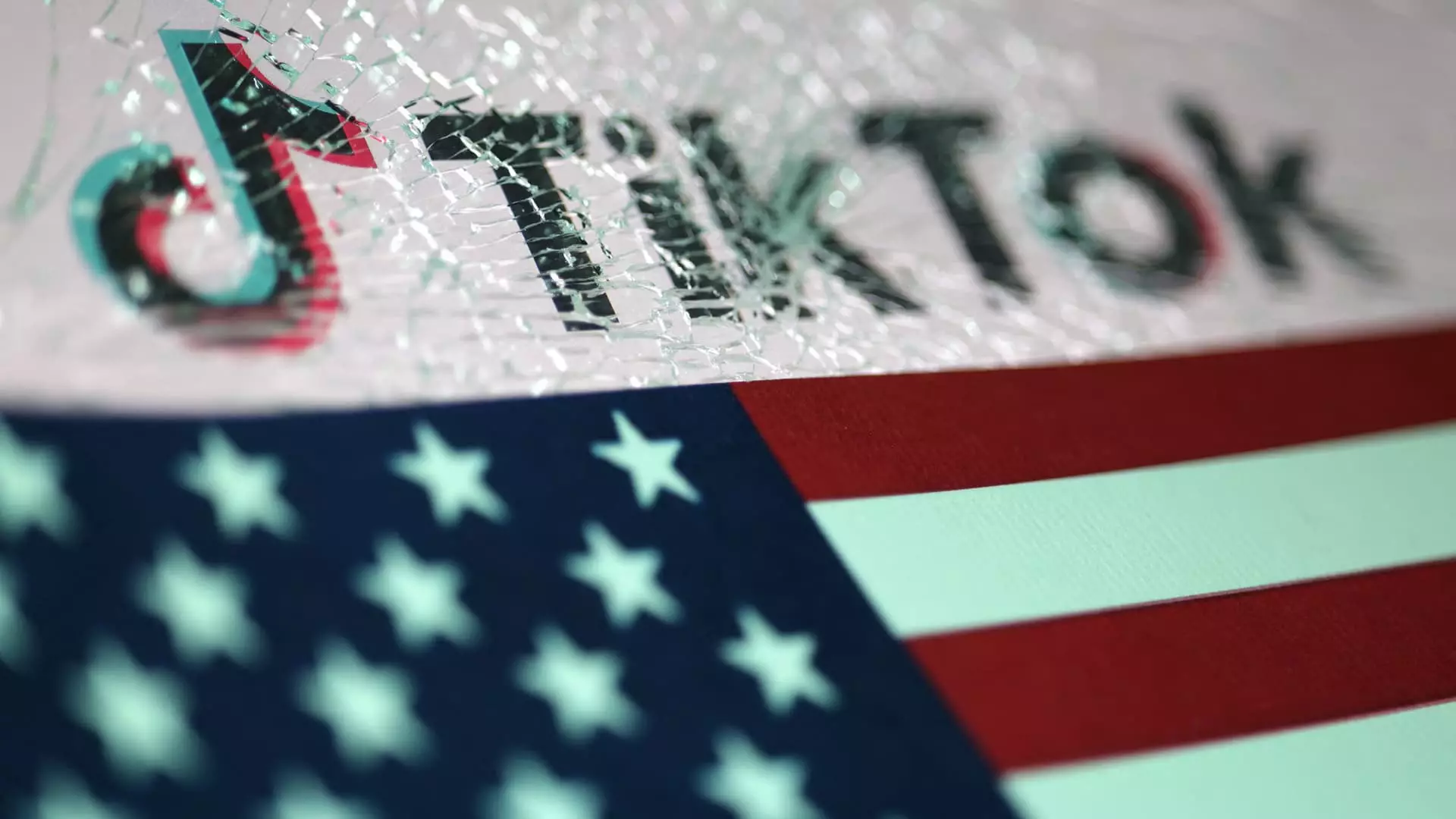As the debate over TikTok intensifies, its future in the United States remains precarious. Following President-elect Donald Trump’s recent statements, the app appears to be experiencing a temporary reprieve from an impending ban. The tension around this issue touches on broader themes of censorship, national security, and the right to expression, making TikTok’s situation emblematic of larger societal conflicts regarding technology and governance.
On a recent Sunday, the app declared that it was working to restore access to its American users, thanking President Trump for his purported clarity and assurance to service providers. This statement suggests a nuanced relationship between TikTok, the U.S. government, and the Chinese company ByteDance, which owns the platform. While the company reported some users were able to access its services even as the ban loomed, this development only served to underline how fractured and inconsistent communication appears to be in shaping policy around TikTok’s fate.
Trump’s announcement via his platform Truth Social, where he stated his intention to sign an executive order to delay the ban, is a pivotal moment. It brings to light the complex interplay between political language, technology policy, and the potential economic implications for millions of Americans who rely on TikTok for their businesses and livelihoods. Yet, this interplay also incites concern over the decisiveness of leadership in addressing legitimate issues surrounding data privacy and user security that are deeply intertwined with national interests.
The legal backdrop of this situation is equally complicated. Following a Supreme Court ruling upheld a law banning TikTok, a ticking clock appears to dictate the app’s fate in the U.S. Despite TikTok’s immediate efforts to regain service, the reality is that the foundation of its existence in the U.S. market rests upon a shifting policy landscape influenced by political whims. The law seeks not only to penalize TikTok but also third-party providers supporting the app’s functionality. This raises numerous questions about freedom of speech and how policies can impose significant restrictions based on nationality rather than performance or conduct.
Moreover, Trump’s vision of a joint venture, suggesting a potential 50% U.S. ownership of TikTok, could contribute to more complex ownership structures. Nevertheless, ByteDance’s decision to resist selling the company creates a paradox: how can a business thrive under U.S. restrictions while simultaneously navigating international economic relations? This reality reflects the global nature of technology and necessitates solutions that are collectively beneficial rather than reactionary.
While TikTok’s temporary access restoration signals hope, the more significant question lies in whether long-term solutions can be reached that balance national security with economic freedom. The call for bipartisanship and comprehensive dialogue is essential if America is to navigate the often-treacherous waters of technology governance. As developments unfold, the world watches closely, indicating the importance of resolving these issues comprehensively and thoughtfully, ensuring that the platform can remain a space for economic growth and cultural exchange, rather than becoming a battleground for political agendas.

